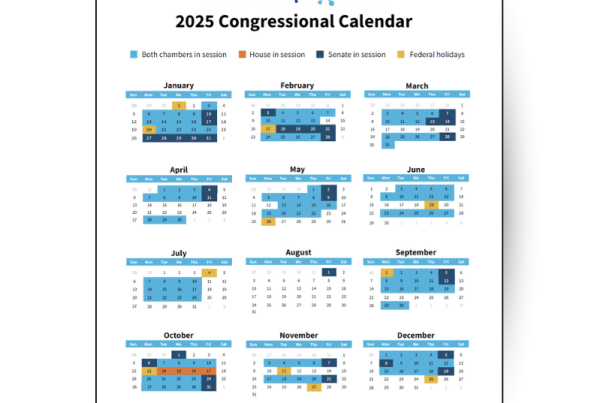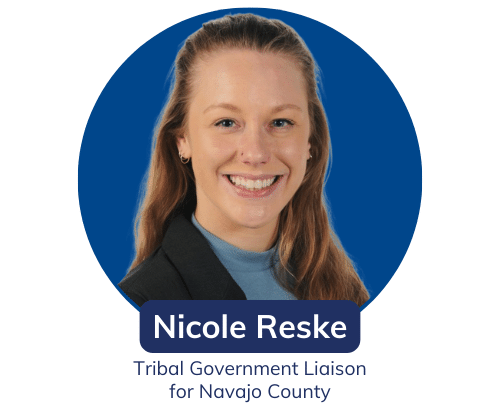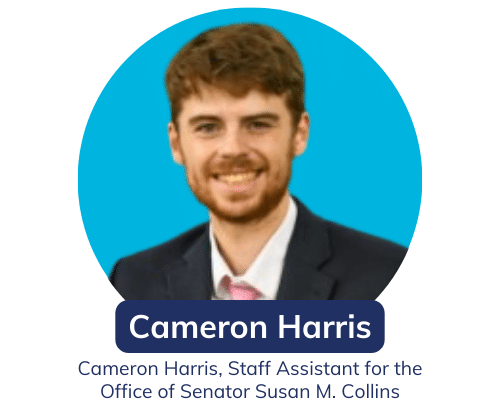For this interview, I spoke with Monica Paradise, a Tribal Liaison and Economic Development Officer for the Confederated Tribes of the Umatilla Indian Reservation in Pendleton, OR. Monica’s career journey is deeply rooted in her dedication to her community and the broader challenges faced by Tribes, especially in areas like economic development and renewable energy.
Takeaways:
- Every Tribe is unique, and building relationships requires patience, understanding, and respect for their history and governance.
- Balancing economic development with cultural preservation is a challenge that requires navigating the intersection of business, policy, and community values.
- Historical trauma plays a significant role in Tribal relations, and anyone working in this space must approach it with sensitivity and respect.

Can you tell me about your career path that has led you to where you are now?
I am an enrolled member of the Confederated Tribes of the Umatilla Indian Reservation, and I’ve always had a strong connection to my community. Initially, I thought my career would be in finance—many members of my family worked in that field. In 2017, I started working for my Tribe, primarily focusing on grants and budgets. I saw the projects come through, and I realized I wanted to be more hands-on. That’s when I applied for a position in Economic and Community Development, where I could combine my finance skills with my desire to work on projects that directly impact the community.
I have a master’s in legal studies, and that background aligned well with the work I do in economic development, especially as I got more involved in renewable energy projects. At first, it was about land leasing, but I quickly realized the more significant challenge was understanding and managing the relationships between developers and Tribes. Finding ways to pair opportunities with grants and making them mutually beneficial became my focus.
How did you become passionate about the intersection of tech, government, and tribal communities, and how do you stay informed and engaged in those areas?
Growing up in a rural community, about 100 miles away from services, I always knew I wanted to work for my Tribe. But as I gained more knowledge and experience, I felt an obligation to share what I’d learned with other Tribes. Tribal communities often lack capacity, and I see my role as someone who can help fill that gap, whether it’s by sharing our Tribe’s experiences or by collaborating with other Tribal governments. I also make sure to stay informed through constant communication with other Tribal economic and energy departments—we rely on each other as resources.
What do you believe sets Tribal Government Relations apart as a unique work environment, and how do you navigate its challenges in your everyday work?
One of the biggest misconceptions is that all Tribes are the same. We have shared cultural values, but each Tribe is unique in its structure and government. Part of my job is to educate external partners on who we are, how we operate, and what is important to us. Historical trauma also plays a huge role in the way Tribes engage with external parties, which means relationships can take a long time to build. I spend a lot of my time helping people understand our history, our treaties, and our resources, and I encourage them to feel invested in the work they’re doing with us.
Describe a challenging or rewarding project that significantly influenced your growth as a professional. How did you handle the challenge, and what did you learn from the experience?
Right now, I’m working on a utility-scale solar project for the Tribe, and it’s been a huge challenge. I understand the structure of our government and the importance of economic development but balancing that with our cultural values has been tough. On one side, we’re talking about business and technology—about diversifying our economy and advancing renewable energy. But on the other side, there are concerns about how this project might impact our land, our first foods, and our wildlife, which are protected by our Treaty rights.
The land we’re looking at for the project is historically significant, and many in our community don’t believe it should be used for solar. There are first foods and wildlife there that we’re trying to preserve. Navigating that balance between development and preservation has been difficult, and I’m still trying to figure out how to bring these two worlds together.
What advice would you give to someone navigating how to bridge the gap between traditional practices and modern governance structures?
First, understand that Tribes are not all the same. Just because you’ve worked with one Tribe doesn’t mean you know how all Tribes operate. Patience is key because building relationships takes time. You also need to be aware of the historical trauma that still impacts Tribal communities. Many of our elders lived through boarding schools and relocation, and that trauma is still very real for our people. Be patient, build relationships, and be mindful of our history.
Word association, what is the first word that comes to mind for each of these?
- Policy – Patience
- Networking – Building relationships
- Communications – Peace
- Leadership Connect – Growth






